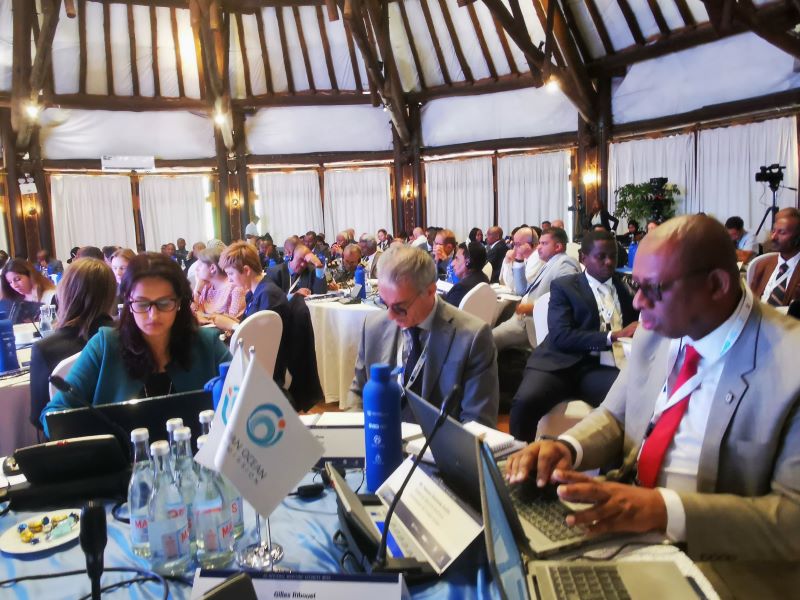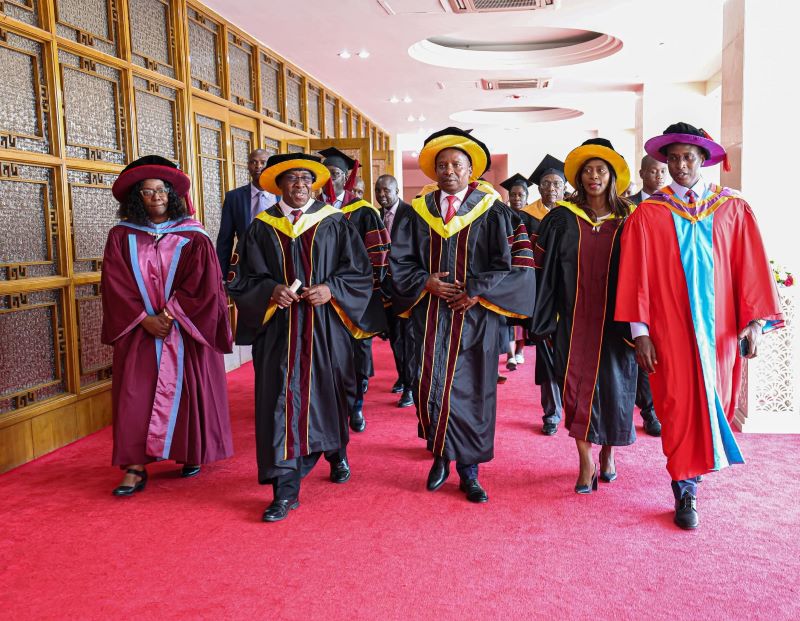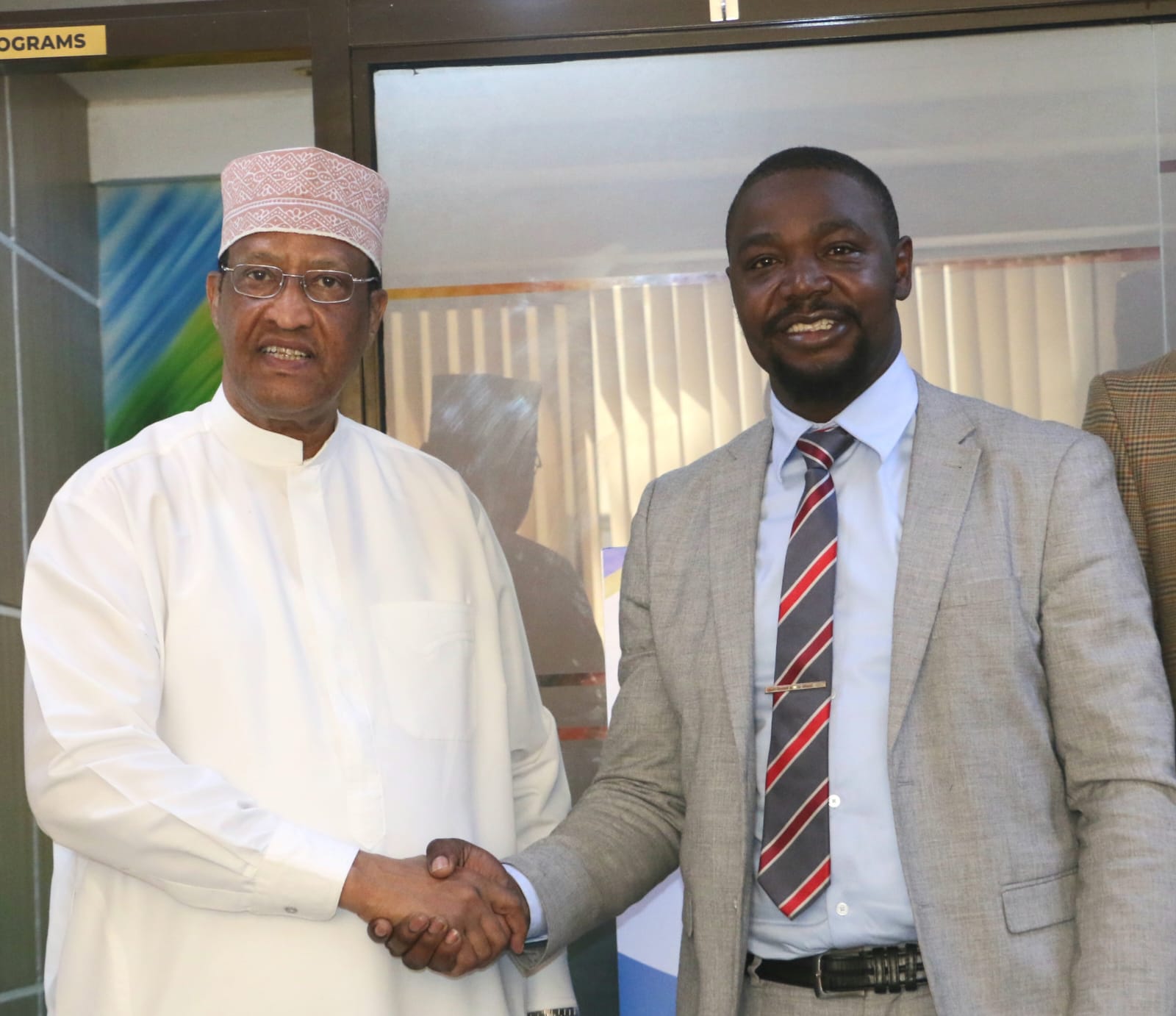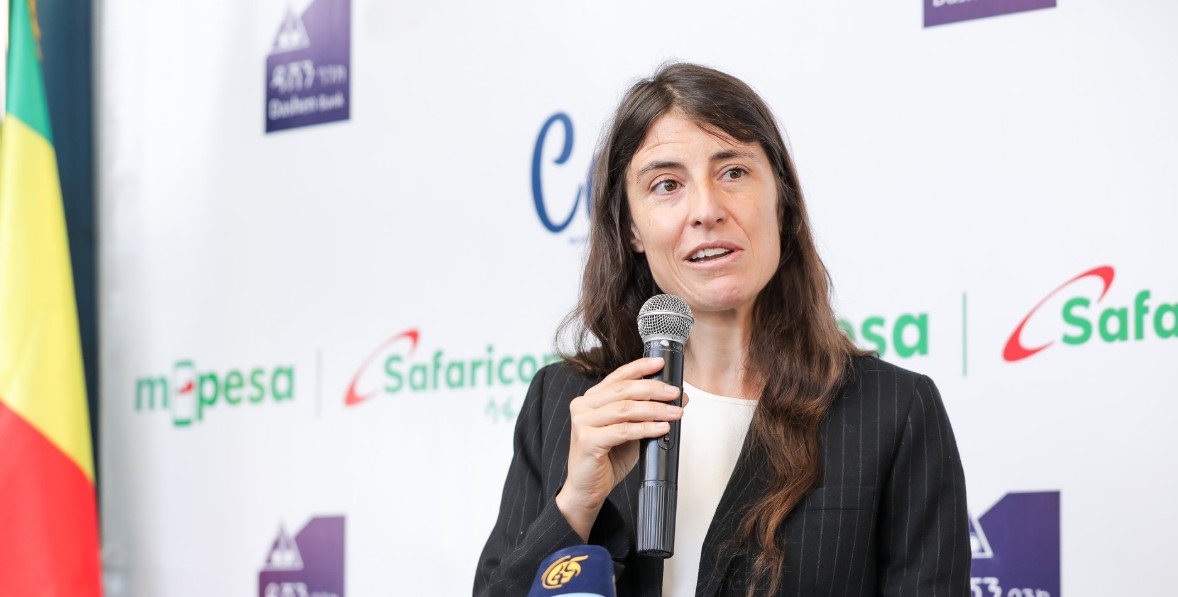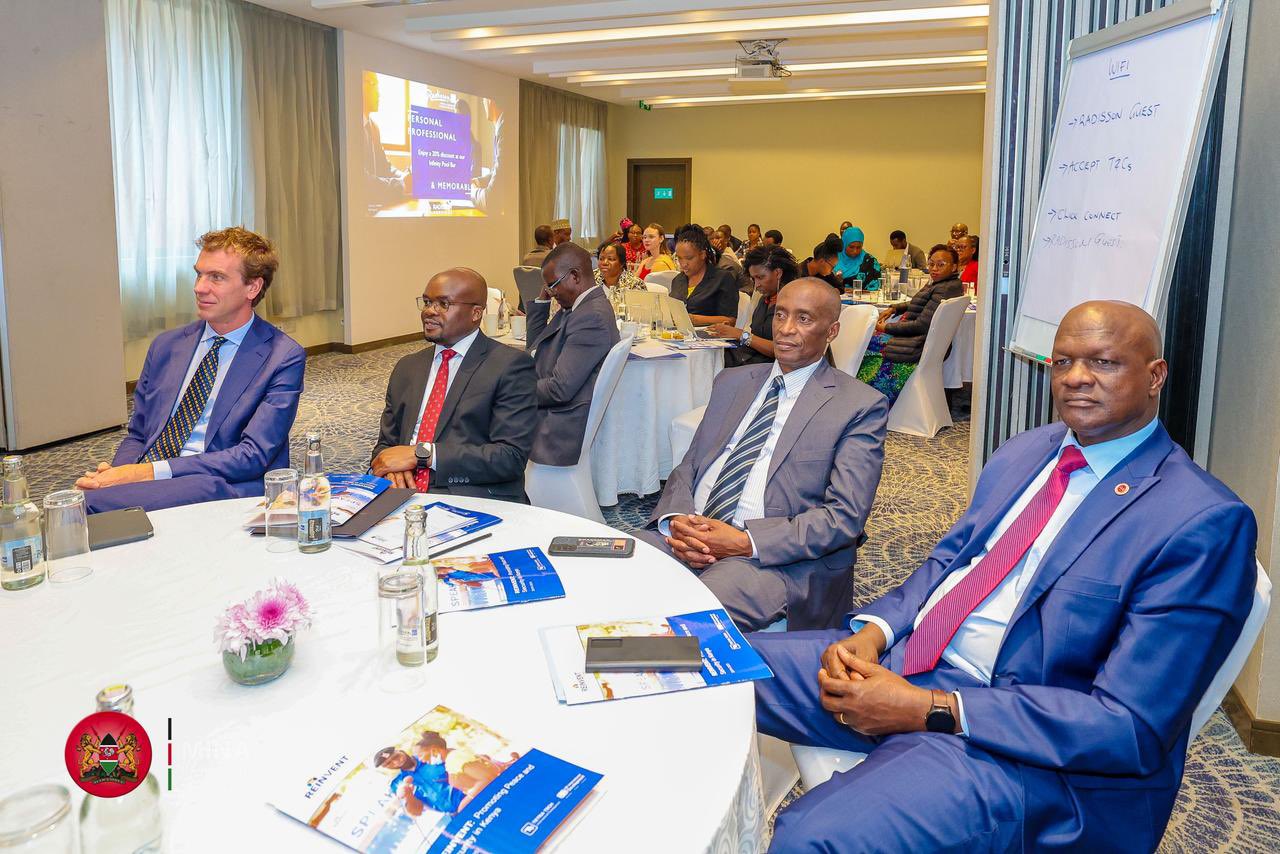Kenya’s literary icon Ngũgĩ wa Thiong’o cremated in US as family fulfils his final wish
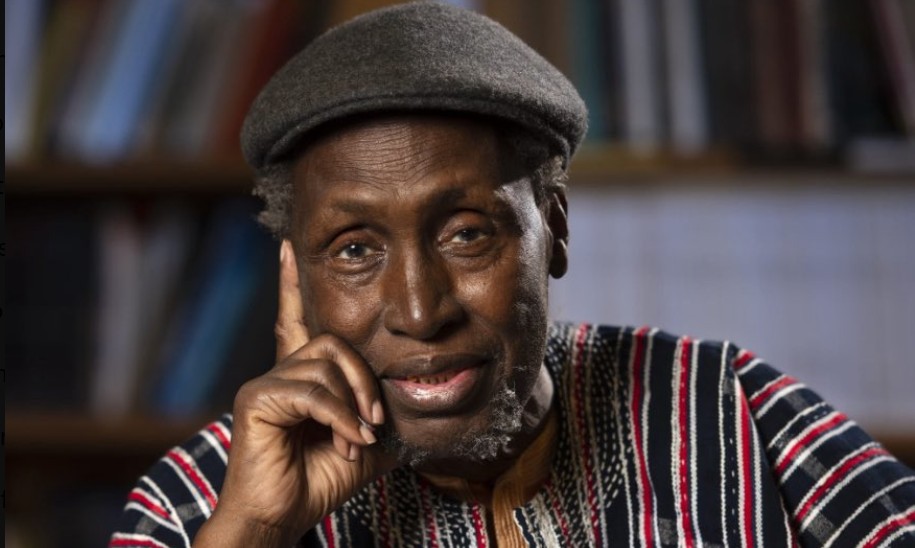
Thiong’o passed away on May 28, 2025, in Buford, Georgia, at the age of 87, after battling multiple health complications, including kidney failure that required regular dialysis in his final years.
Kenya’s celebrated literary icon, Professor Ngũgĩ wa Thiong’o, has been cremated in the United States in line with his final wishes, his son and writer Mukoma wa Ngũgĩ has confirmed.
Thiong’o passed away on May 28, 2025, in Buford, Georgia, at the age of 87, after battling multiple health complications, including kidney failure that required regular dialysis in his final years.
More To Read
- Kenya Publishers Association honours Ngugi wa Thiong’o with Hall of Fame induction
- Ngugi wa Thiong’o to be honoured as national hero for transforming literature
- Tundu Lissu on death of Ngugi wa Thiong'o: A prisoner's eulogy from Ukonga prison in Dar es Salaam
- Tribute to Professor Okello Oculi: From verse to vision, a life committed to Africa’s liberation
- Ngũgĩ wa Thiong’o would have cheered Gen Z’s push for reform - Kamukunji MP Yusuf Hassan
- Celebrating the life and works of Prof Ngũgĩ wa Thiong’o
His son Mukoma revealed that the decision to cremate the late professor’s remains honoured his personal request.
“He wished instead to be remembered in spirit, through the ideals he stood for and the lives he touched,” the family said.
Honouring Prof Ngũgĩ wa Thiong’o’s final wishes, his family has announced that there will be no public burial, but a series of commemorative events will be held in Kenya and the United States to celebrate his life and legacy.
The first public memorial is scheduled for June 7 at Akazi Gallery in Atlanta, Georgia, from 3 pm to 5 pm. This will be followed by another gathering at the University of Nairobi, details of which are yet to be confirmed and an academic celebration at the University of California, Irvine, slated for November 10.
Private ceremony
A private family ceremony will also be held in Gītogothi, Limuru, the late professor’s birthplace.
Ngũgĩ’s family expressed deep gratitude for the outpouring of love and support from across the world.
“We thank you for the poems, songs, tributes, and support. Your words remind us of the reach of his message and the depth of his humanity,” the family said.
Born in colonial-era Kenya in 1938, Ngũgĩ wa Thiong’o emerged as a towering figure in African literature and post-colonial thought.
Although he began writing in English, he later made a deliberate shift to his native Kikuyu, advocating strongly for African languages as tools of cultural and political liberation.
His novel Devil on the Cross, famously written on toilet paper during his detention without trial in 1977, remains a seminal work in the African literary canon.
Over a nearly six-decade-long career, Ngũgĩ chronicled Kenya’s turbulent journey from colonial rule to independence and democracy, cementing his status as a cultural and political force.
No Nobel Prize
Despite numerous predictions that he would win the Nobel Prize for Literature, the globally respected scholar and writer never received the honour, a fact that disappointed many of his followers.
His daughter, Wanjiku wa Ngũgĩ, was the first to announce his passing on social media.
“It is with a heavy heart that we announce the passing of our dad, Ngũgĩ wa Thiong’o, this Wednesday morning, 28th May 2025. He lived a full life, fought a good fight. As was his last wish, let’s celebrate his life and his work.”
Members of Parliament paid tribute to Thiong’o, describing him as a towering intellectual whose work deeply shaped literary and philosophical thought.
Seme MP James Nyikal hailed Ngũgĩ as a symbol of intellectual idealism and resilience.
“His life epitomised the philosophical basis of life—the fight for ideals, even at great personal risk,” he said.
Monument in Ngũgĩ’s honour
Rarieda MP Otiende Amollo praised Ngũgĩ’s influence on generations of readers, saying many Kenyans began reading his works in primary school. He urged the government to name a public institution or monument in Ngũgĩ’s honour.
“Despite political intolerance that forced him into exile, Ngũgĩ remains a global icon,” he said, calling for greater tolerance of dissenting views.
Suba North MP Millie Odhiambo commended Ngũgĩ for his progressive portrayal of women, especially in The River Between.
“He was ahead of his time in addressing issues like gender, race and intersectionality,” she noted.
Majority Leader Kimani Ichung’wah credited Ngũgĩ for advancing African languages by dropping his English name and embracing Gikuyu in his writing.
“It was not tribalism—it was nationalism,” he said.
Top Stories Today






